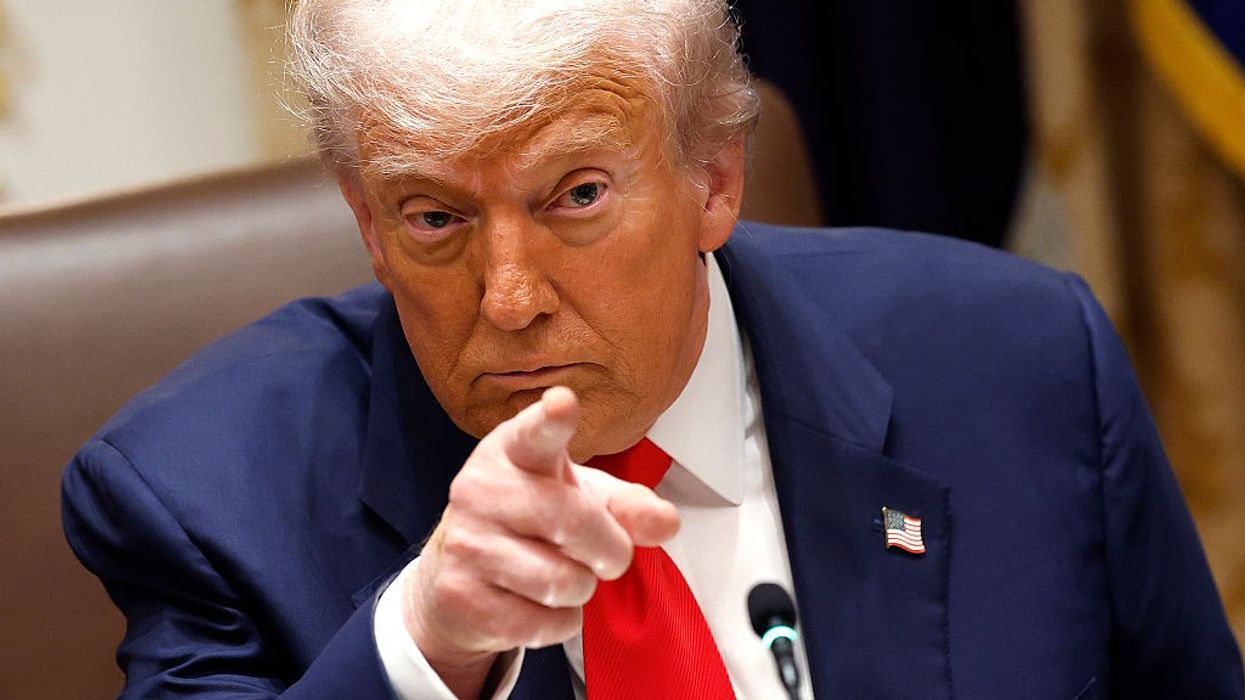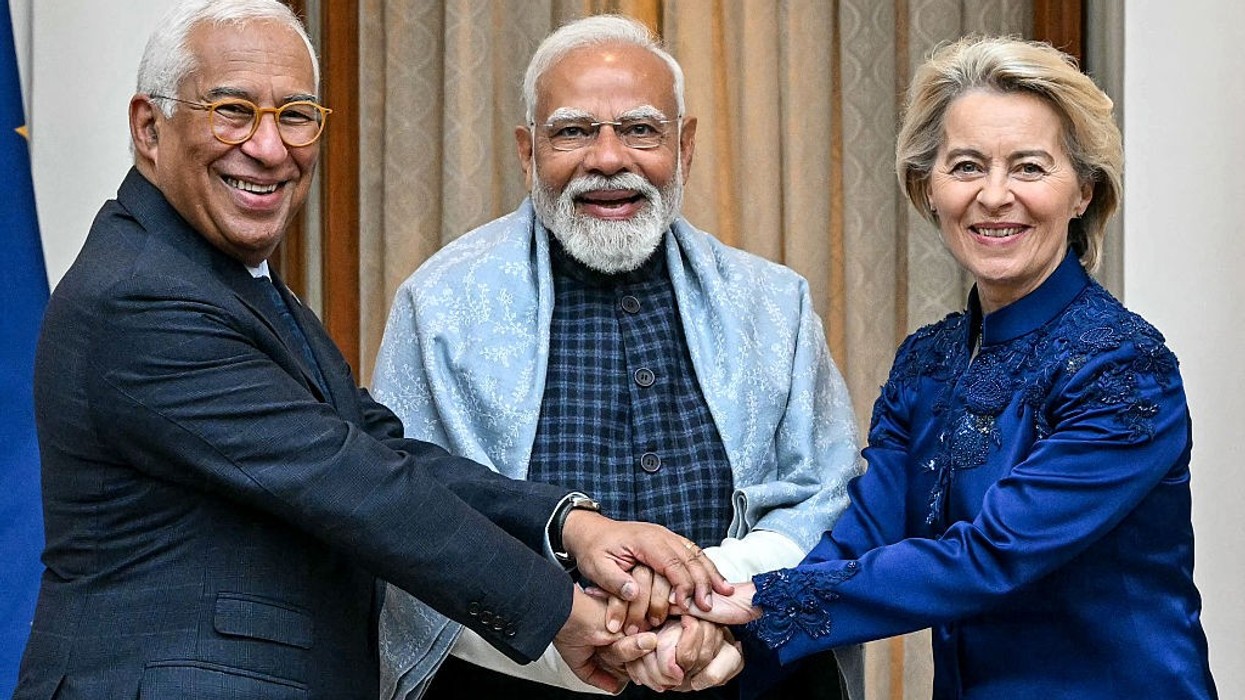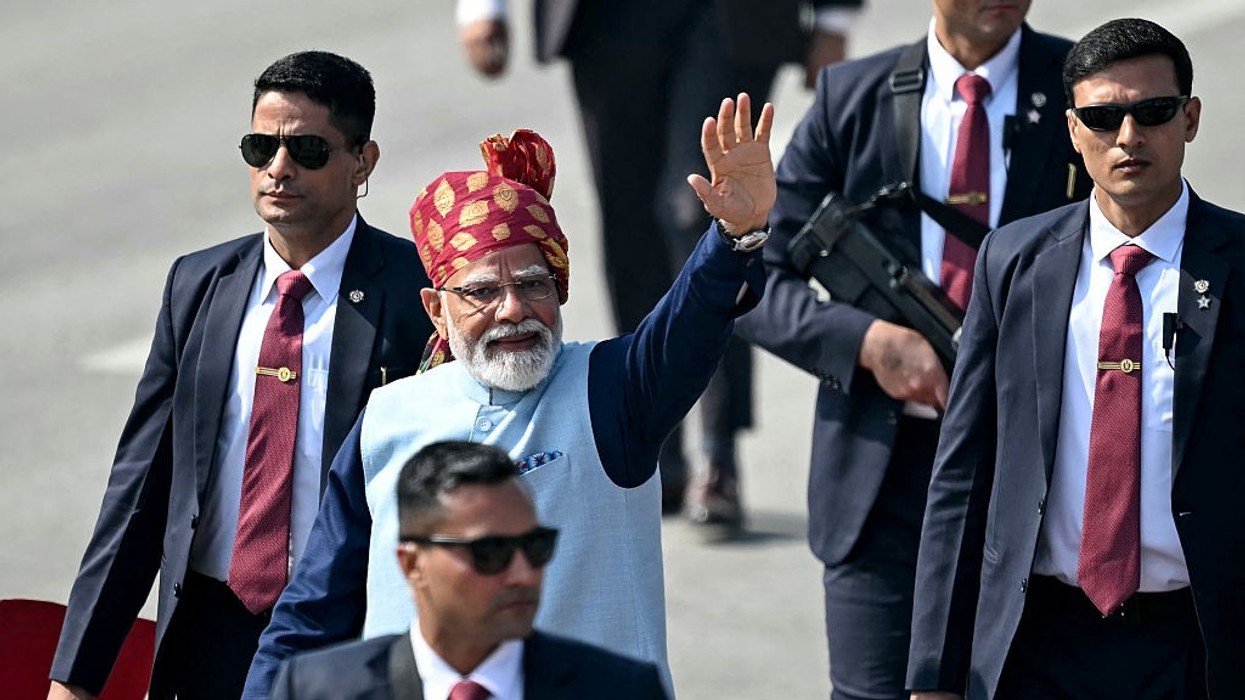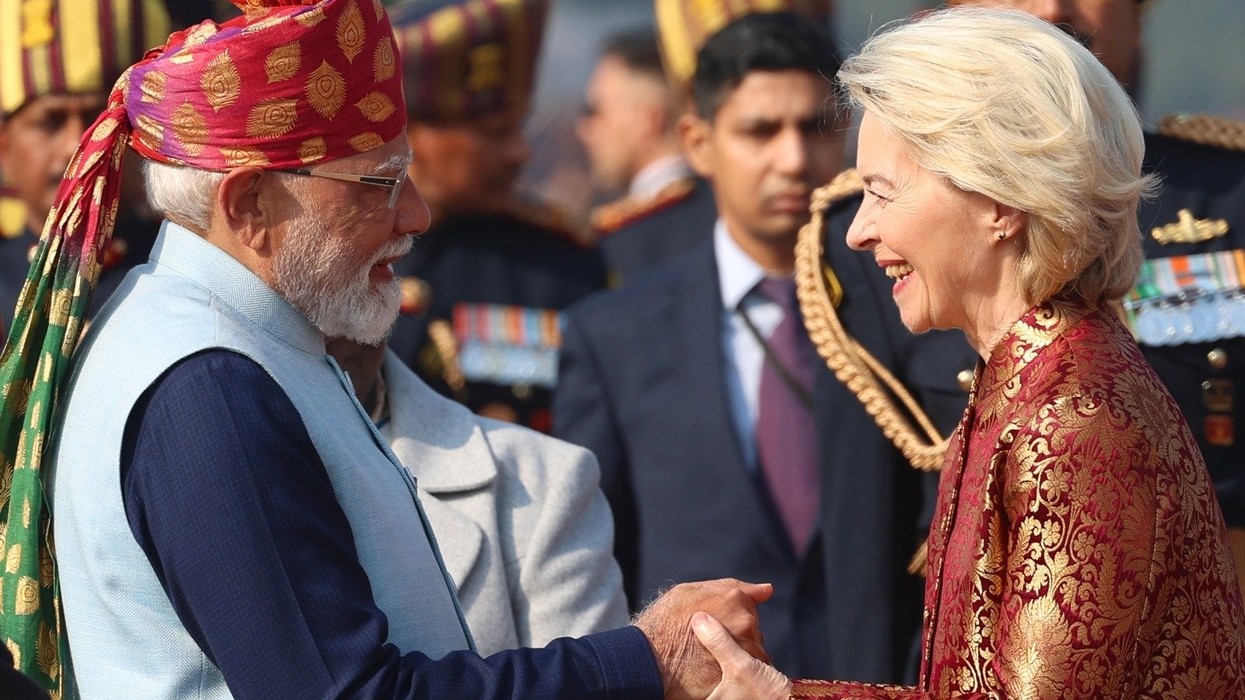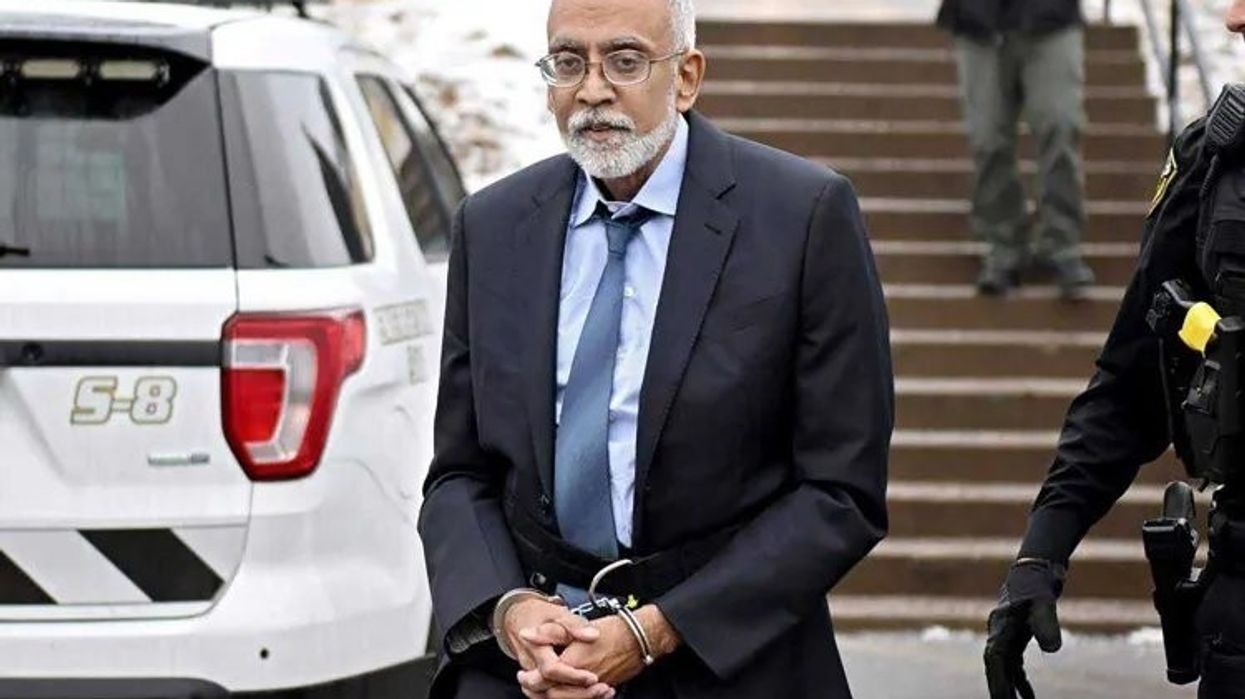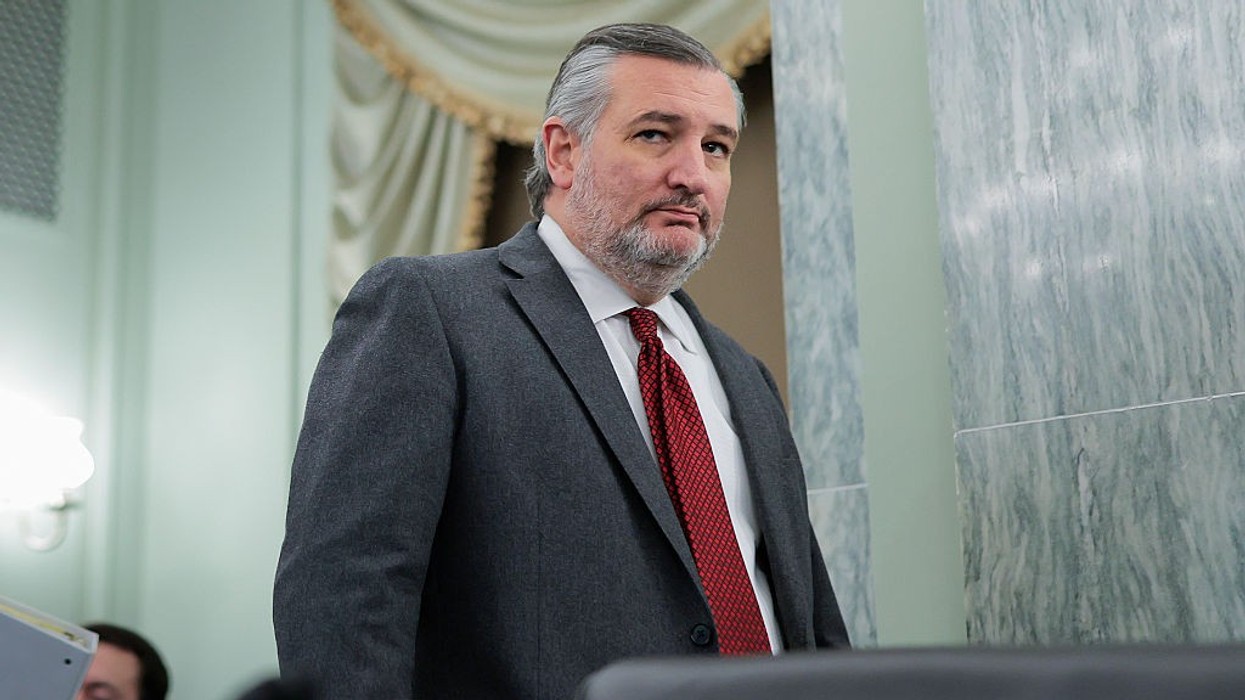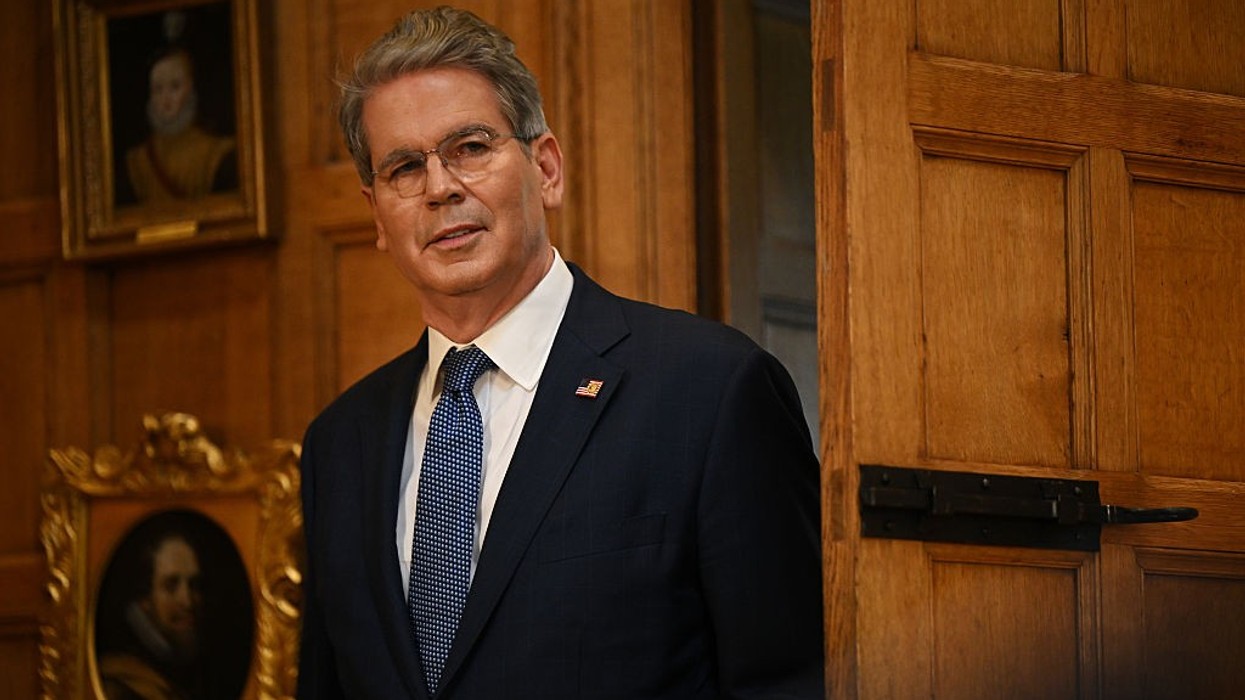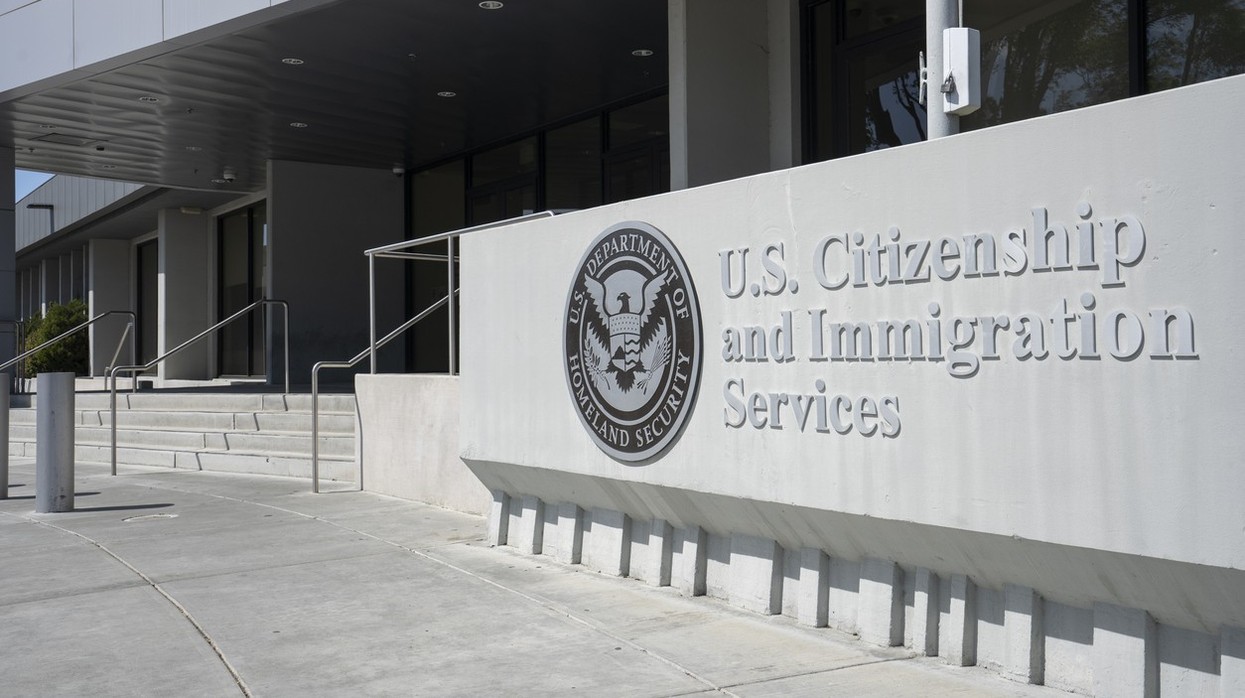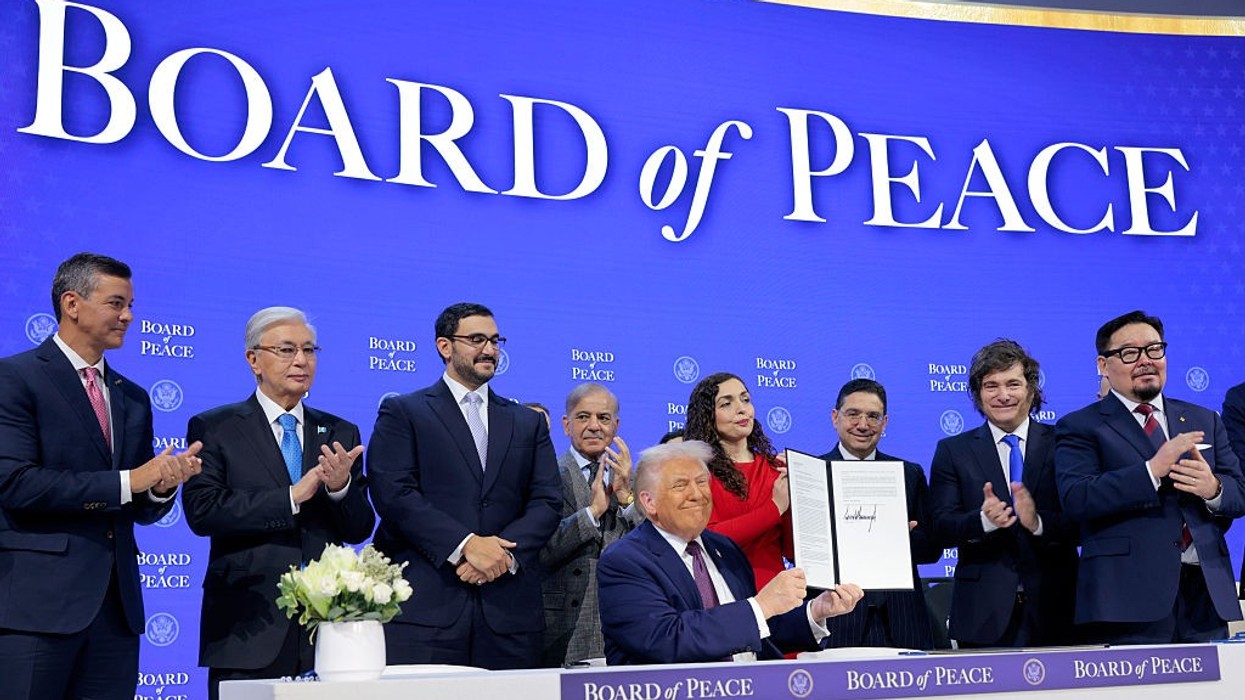Highlights:
- US Chamber sues Trump administration over new $100,000 H-1B visa fee.
- Lawsuit claims the policy violates Congress’s authority under the Immigration and Nationality Act.
- Businesses warn the hike will cripple innovation and hiring, especially for small firms.
- Indian professionals, who make up 71 per cent of H-1B holders, face major impact.
- China introduces new K-Visa to attract global science and tech talent amid US restrictions.
The US Chamber of Commerce has taken legal action against the Trump administration’s controversial decision to impose a hefty $100,000 fee on all new H-1B visa petitions, calling the policy “misguided” and “plainly unlawful.”
The lawsuit, filed Thursday (16) in a district court in Columbia, challenges the administration’s September 19 proclamation titled “Restriction on Entry of Certain Nonimmigrant Workers,” which the Chamber says violates the Immigration and Nationality Act by overriding Congress’s authority to regulate visa programs.
The departments of Homeland Security and State, along with their secretaries Kristi L. Noem and Marco Rubio, have been named as defendants in the lawsuit. The Chamber argues that the proposed fee, an enormous jump from the current average of around $3,600, would make it nearly impossible for small and midsize US businesses to afford skilled foreign talent, a key component of the country’s innovation ecosystem.
Neil Bradley, executive vice president and chief policy officer of the Chamber, said the fee “would make it cost-prohibitive for US employers, especially start-ups and small and midsize businesses, to utilize the H-1B program, which Congress created precisely to ensure American companies can access the global talent needed to grow operations domestically.”
The complaint emphasizes that while the president has authority to regulate immigration and entry, this power cannot contradict congressional laws. “The proclamation blatantly contravenes the fees Congress has established for the H-1B program and undermines the judgment that the program should allow up to 85,000 skilled individuals annually to contribute to the US economy,” the Chamber stated.
Bradley further noted that the Chamber has historically supported President Trump’s economic growth policies but warned that restricting access to skilled foreign labor would stifle, not strengthen, US growth. “The American economy will require more workers, not fewer, to sustain the expansion we all want,” he added.
Each year, tens of thousands of professionals in specialized fields enter the United States under H-1B visas, contributing significantly to the nation’s economic and technological progress. According to the Chamber, the new fee structure would “upend” this carefully balanced system, driving companies to raise labor costs dramatically or reduce hiring altogether—both outcomes detrimental to innovation.
The lawsuit also warns that such a restrictive policy would benefit global competitors. “Foreign employers will eagerly absorb the highly skilled talent blocked from the US. That’s a competitive edge America may never reclaim,” the Chamber cautioned.
The move is expected to particularly affect Indian professionals, who account for nearly 71 per cent of approved H-1B applications, according to the US Citizenship and Immigration Services (USCIS). In contrast, China has recently introduced its new K-Visa program, designed to attract international science and technology professionals with flexible entry and work options—further intensifying the global competition for skilled talent.
As the legal battle unfolds, the outcome could shape not only the future of US immigration policy but also the country’s ability to maintain its leadership in innovation and technology.
